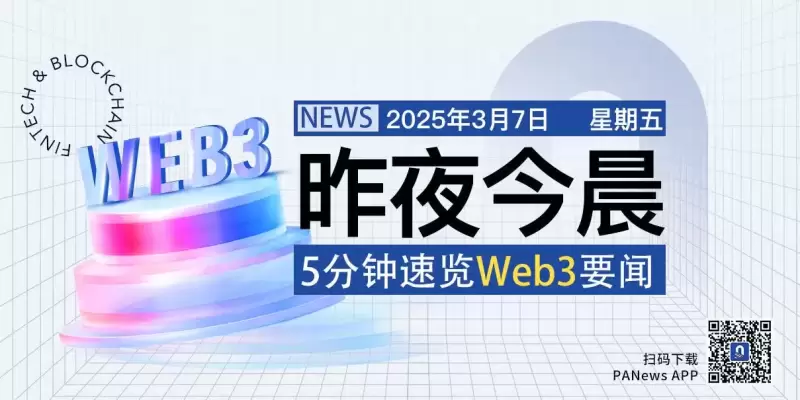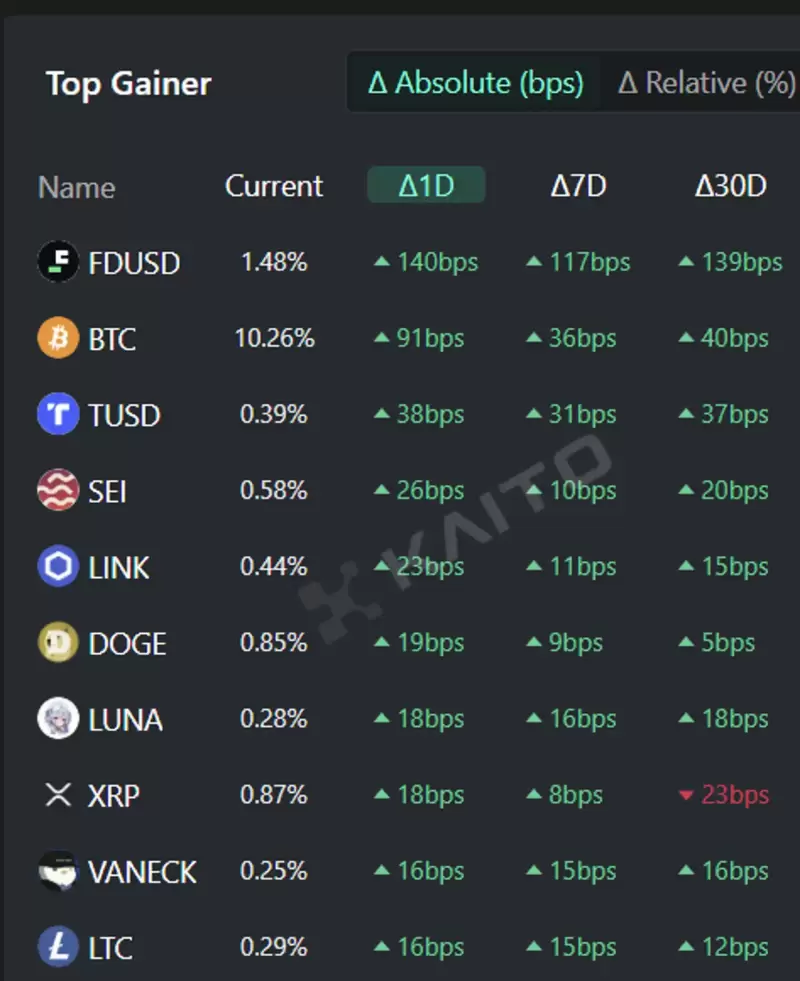 |
|
 |
|
 |
|
 |
|
 |
|
 |
|
 |
|
 |
|
 |
|
 |
|
 |
|
 |
|
 |
|
 |
|
 |
|
Cryptocurrency News Articles
Nigeria's Crypto Market Navigates Regulatory Seas: Fee Hikes and P2P Restrictions Spark Debate
Mar 25, 2024 at 04:07 am
Amidst the dynamic landscape of Nigeria's crypto market, recent regulatory proposals have stirred discussions. The proposed increase in crypto registration fees and government restrictions on peer-to-peer (P2P) platforms have raised concerns, but industry experts like Ray Youssef of NoOnes highlight potential opportunities for collaboration and innovation amidst these regulatory shifts.

Nigeria's Crypto Market Navigates Regulatory Waters: Fee Increases and P2P Restrictions Spark Debate
Nigeria's Securities and Exchange Commission (SEC) has proposed a substantial increase in crypto registration fees for exchanges, raising concerns within the industry. The move has ignited discussions on the potential implications for the country's crypto ecosystem and its global standing.
Fee Increase and P2P Restrictions
The SEC's proposed fee hike would raise the registration cost for crypto exchanges from 30 million naira ($18,620) to 150 million naira ($93,000). This increase has raised questions about the viability of smaller exchanges operating in Nigeria.
Ray Youssef, CEO of NoOnes and co-founder of Paxful, a peer-to-peer (P2P) crypto exchange, believes the fee increase may attract larger players like Coinbase but could also signal a shift towards limiting P2P services. Nigeria's crypto market has traditionally relied heavily on P2P trading, which has faced recent government restrictions aimed at addressing foreign exchange concerns.
Regulatory Evolution and Collaboration
Despite the challenges posed by the proposed fee increases and P2P restrictions, Youssef remains optimistic about Nigeria's potential in the global crypto landscape. He notes that the lifting of the Central Bank of Nigeria's (CBN) ban on crypto transactions in December 2023 was a pivotal moment, allowing exchanges to operate more openly.
Youssef also highlights recent partnerships between crypto firms and the Nigerian government, such as Gluwa's collaboration to enhance the adoption of the eNaira, Nigeria's central bank digital currency (CBDC). These partnerships present opportunities for innovation and collaboration but underscore the need for a balanced regulatory framework that protects investors and consumers.
Balancing Growth and Protection
Nigeria remains one of the most crypto-obsessed countries globally, evidenced by the high volume of Google searches related to cryptocurrencies. This enthusiasm reflects the strong potential for continued growth and innovation in the Nigerian crypto market.
However, the SEC's proposed fee increases and P2P platform restrictions pose challenges that require careful navigation. Striking a balance between regulatory requirements and market dynamics will be crucial in shaping the future of Nigeria's crypto ecosystem.
Stakeholders like Youssef believe that collaboration and innovation can overcome these hurdles. They see the proposed regulatory changes as opportunities to enhance the country's crypto infrastructure and maintain its position as a key player in the global crypto space.
Outlook for Nigeria's Crypto Market
The Nigerian crypto market faces a dynamic landscape with both challenges and opportunities. The proposed fee increases and P2P restrictions have sparked discussions about the future of the industry in the country. However, the optimism expressed by industry experts like Youssef suggests that Nigeria has the potential to navigate these regulatory waters and emerge as a leader in the global crypto ecosystem.
Disclaimer:info@kdj.com
The information provided is not trading advice. kdj.com does not assume any responsibility for any investments made based on the information provided in this article. Cryptocurrencies are highly volatile and it is highly recommended that you invest with caution after thorough research!
If you believe that the content used on this website infringes your copyright, please contact us immediately (info@kdj.com) and we will delete it promptly.
-

- Ripple (XRP) Introduces Its RLUSD Stablecoin to the Stablecoin Market
- Apr 03, 2025 at 04:00 pm
- Ripple introduced its RLUSD stablecoin to the stablecoin market through its launch on Kraken cryptocurrency exchange. The USD-pegged stablecoin aims to boost its cross-border payment functions and integrate with the payment platform.
-

-

- Bitcoin (BTC) Price Consolidation May Be Precursor to a Market Drop, Analyst Says
- Apr 03, 2025 at 03:55 pm
- Bitcoin has seen a notable price consolidation over the past few weeks, trading between the $84,000 and $86,000 levels. Despite the initial surge in price, the cryptocurrency has faced a decline of 3.7% in the past week and nearly 10% in the past month, signaling a period of stagnation in its upward momentum.
-

- The OFFICIAL TRUMP price plummeted over 9% in the last 24 hours to trade at $9.29
- Apr 03, 2025 at 03:55 pm
- The drop in the TRUMP price comes after US President Donald Trump signed an executive order establishing reciprocal tariffs on trading partners and a 10% baseline tariff on all imports from all countries.
-

-

-

- FDUSD, BTC, TUSD, SEI, and LINK are the top 5 virtual asset-related keywords attracting the most interest
- Apr 03, 2025 at 03:45 pm
- According to the Token Mindshare (a metric quantifying the influence of specific tokens in the virtual asset market) top gainers from the AI-based Web3 search platform Kaito
-

-





























































